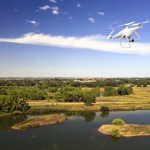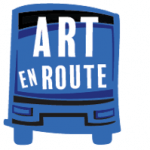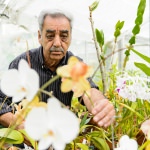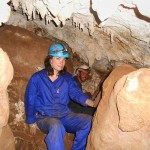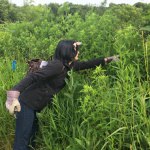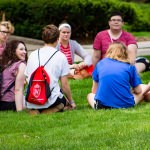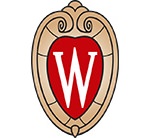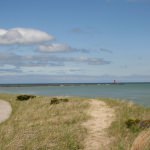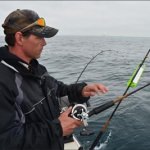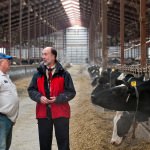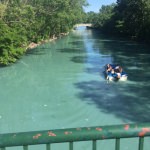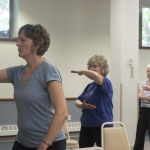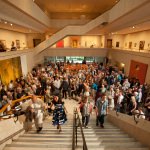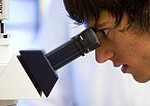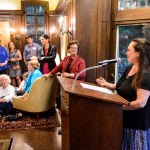Category State & Global
Degree program uses satellite, drone technologies to solve environmental problems
Students will learn skills that can be applied to conducting wildlife surveys, mapping floodwaters, monitoring environmental conditions, and many other applications. Read More
Wisconsin manufacturer leading the market on building ventilation systems
Greenheck, of Schofield, has become a leading manufacturer of industrial ventilation systems and fans with the help of UW–Madison expertise and graduates. Read More
‘Art En Route’ bus wrap project chooses writers, artists
“Art En Route” has paired eight creative writers with eight visual artists to create collaborative works that will be photographed and installed on the exterior wraps of various Madison Metro Transit buses from Oct. 1, 2017, until Jan. 20, 2018. Read More
Longtime botany greenhouse director Mo Fayyaz to retire
Mo Fayyaz is retiring in August after 33 years as the distinguished director of the botany department greenhouse and botanical gardens. Read More
UW team in South Africa to share ‘origin stories’
A team from University Communications has traveled to South Africa to tell important UW-focused stories about origins: from the galaxies to life on Earth to the birth of humankind. Read More
Lakeshore researchers learn to fight weeds by studying them
Six student volunteers are helping pare back invasive weeds in the Lakeshore Nature Preserve while also advancing research on how to best control invasive species in disturbed environments. Read More
Incoming freshmen say SOAR prepares them for life as a Badger
Whether by meeting new people, learning about opportunities, making a schedule or getting advice from peer advisors, this year’s incoming freshmen said their SOAR experience made them feel comfortable becoming a Badger. Read More
UW-Madison ranks highly in ‘Best Colleges for Your Money’ survey
Money Magazine ranked UW–Madison 45th overall in its annual listing of Best Colleges for Your Money, and 27th among public universities. Read More
Through robust collaboration, UW students help new museum launch inaugural exhibit
Over two years, UW–Madison students have researched dozens of objects in the Mount Horeb Area Historical Society’s expansive collection. Read More
UW-Madison spinoff helps libraries help local musicians
Rabble LLC, a Madison startup with UW–Madison roots, offers software to libraries that presents the sound of local musicians in an easy-to-access format. Read More
How much would you pay for a fishing trip?
Findings show that a Wisconsin angler would be willing to pay an average of $140 for a successful Lake Michigan trip that targeted Chinook salmon. Read More
Medical students join program to get more physicians into rural Wisconsin
The students will spend time in Green Bay, La Crosse, Marshfield, and surrounding communities through the Wisconsin Academy for Rural Medicine. Read More
Student group promotes usefulness of philosophy in the community
“We believe that no matter what you’re doing, philosophy can help you do it better,” says the group’s executive director and co-founder. Read More
First, but not last, algae bloom spells danger for Madison swimmers, fish
Steve Carpenter couldn’t believe the view from his second-floor office on the shoreline of Lake Mendota. As far as he could see, the still water looked just like teal-blue paint. Read More
Plan tests ancient Chinese tradition to help elders with balance
Could a stripped-down tai chi class, taught in just 12 sessions and also practiced at home, improve balance in people over age 65 who were concerned about balance? Read More
Jim Dine mural unveiled at the Chazen
A monumental new mural by iconic American artist Jim Dine will be on view permanently at the Chazen Museum of Art after an unveiling on June 22. Read More
2017 rural summer science camp spans Wisconsin landscape
For two weeks in July, more than 50 Wisconsin rural high school students and 10 teachers will converge on Madison to get a taste of stem cell science, rubbing elbows in labs with some of the world’s leading researchers in regenerative medicine. Read More

